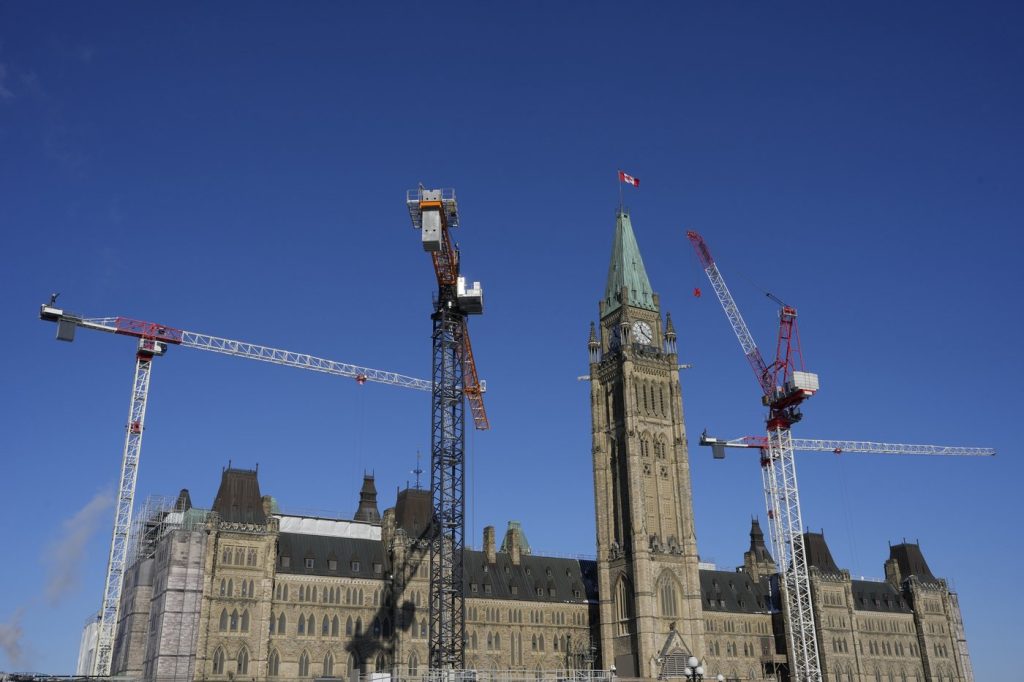OTTAWA – A recent ruling by a federal judge has dismissed a legal challenge against Prime Minister Justin Trudeau's decision to prorogue Parliament. The challenge was brought forth by two men from Nova Scotia, David MacKinnon of Amherst and Aris Lavranos of Halifax, who contended that the prorogation lacked a “reasonable justification.” Their argument was rooted in the assertion that the suspension of Parliament should be illegal under the circumstances.
The plaintiffs sought an order to overturn Trudeau's January decision to advise Governor General Mary Simon to prorogue Parliament until March 24. Federal lawyers defended the move by contending that the Prime Minister’s advice to the Governor General remains beyond the courts' purview. They asserted that the ultimate accountability for such political decisions rests with the electorate.
In a ruling published late on Thursday, Federal Court Chief Justice Paul Crampton stated that the applicants did not manage to prove that Trudeau had exceeded any boundaries set by the written Constitution, unwritten constitutional principles, or any other legal parameters. Crampton highlighted that the cancellation of parliamentary sessions is well within the Prime Minister’s authority and that the plaintiffs failed to meet the burden of demonstrating otherwise.
On January 6, Trudeau announced his intention to resign as Prime Minister once a new Liberal leader is chosen, while also revealing that Simon had acquiesced to his request for prorogation. This action aimed to cleanse the legislative agenda and effectively pause the operations of both the House of Commons and the Senate. Trudeau emphasized that this prorogation would offer a much-needed reset for Parliament, which had been experiencing significant gridlock due to the Conservative Party's insistence on receiving documents related to alleged government overspending on a green technology fund.
MacKinnon and Lavranos had urged the court to expedite their application for judicial review, citing the looming threat of substantial tariffs imposed by the United States on Canadian goods. They argued that Trudeau's decision effectively obstructed Parliament’s essential constitutional functions amid these exceptional circumstances.
In his ruling, Crampton acknowledged the plaintiffs' concerns regarding the context of Trudeau's decision, especially in light of a growing trend where the executive branch appears to be consolidating power away from the legislative branch. He emphasized the importance of maintaining a check on executive power, given the increasingly centralized authority within the cabinet and the Prime Minister’s Office.
Nonetheless, the judge reiterated that the applicants had a responsibility to substantiate their claims that the Prime Minister’s decision was beyond his constitutional authority. Ultimately, Crampton concluded that they did not fulfill this obligation. He also referenced the Supreme Court of Canada's indication that courts should exercise caution to avoid “undue interference” with the other branches of government.
During a two-day hearing last month, Crampton reviewed arguments from both sides involved in the dispute, culminating in this significant ruling regarding the balance of power within Canada’s political framework. This report was originally published on March 6, 2025, by The Canadian Press.
Jim Bronskill, The Canadian Press










